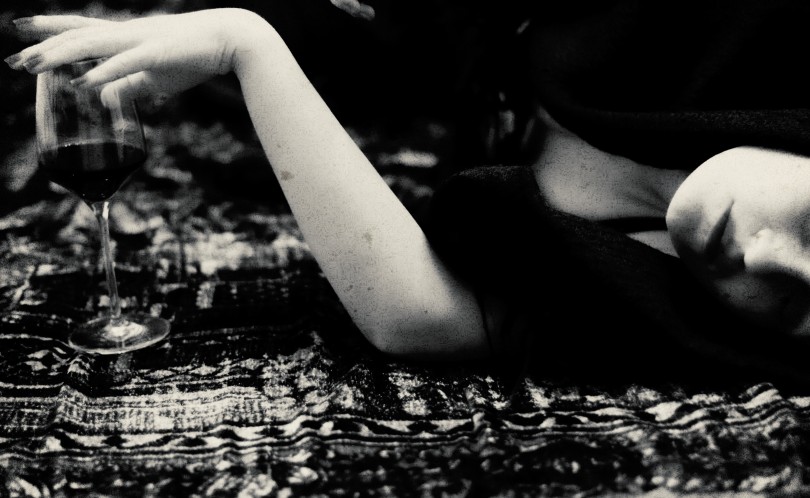There are many things that might bring an entire pub load of people to voluntarily pack themselves in side-by-side to sit cross legged on sticky carpet on a Tuesday night.
Masturbation isn’t usually one of them.
Hoards of women and a few brave men turned out to the latest ‘Melbourne Talks Sex’ event, a one-woman show presented by self-described ‘masturbation evangelist’ and writer Clementine Ford.
There were more pints of beer in the room than blushing faces as a frank schooling on the importance of female ‘self love’ ensued.
“We should be teaching girls to feel pleasure instead of shame, to seek pleasure from themselves instead of feeling embarrassed about it,” said Ford, who opened the event with stories about her first sexual encounters which were often, like many young women, darkened by feelings of regret and socially-ingrained shame.
The month-long series presented by an array of Melbourne-based ‘sexperts’ was aimed at uncovering and de-mystifying sexual topics that are still often off limits for discussion in mainstream culture such as sex work, BDSM and polyamory.
The talk came just days after the Victorian Labor government announced it would remove religious instruction from state primary schools and the introduction of mandatory classes on domestic violence and respectful relationships. Ford publicly commended it as step in the right direction to more progressive sex education from a young age.
“It’s concerning that pleasure and the pursuit of it remains so absent from youth education programs,” Ford said.
She joins a chorus of sex education experts who for years have called for a radical overhaul of sex education in Australia. Currently, there are no set mandatory guidelines for how sex education is provided across the schooling spectrum. In many cases its implementation falls to the discretion of individual schools and therefor content and delivery between state, religious, private and independent schools fluctuates wildly.
In July this year, Fairhills High School made headlines when it was revealed Year 7 girls were being warned off having ‘too much sex’ for fear that they might lose their ‘chemical bond’. The information was within a pamphlet dispersed by a Christian sex education program run by Epic Youth, part of a Pentecostal church called CityLife.
Often under-resourced schools rely on third-party providers to run sex education programs and these vary in their agendas.
But Ford was concerned that even secular sex education still relies solely on disseminating biological facts and does not give enough focus to the pursuit of pleasure for all genders.
“Sex education is … bigger than the conservative binary of expression we continue to force on young people, which includes the furphies that women use sex to get love and and men use love to get sex.”
“The sexuality of boys is considered to be sacrosanct. Not only are they thought of as entitled to pursue sex but many boys aren’t provided with the option of not wanting to have sex, or only wanting to have sex with people they feel intimate with,” she said.
“For girls, the opposite is true: we’re told to get our hands out of our pants – to not pleasure ourselves, to not seek pleasure from other people, to guard our bodies with our very lives. Sex for girls is still too often treated as something we have to be the gatekeepers of.”
Despite the warm reception of Ford’s views – the event sold out weeks prior – a wider acknowledgement and acceptance of female sexuality is still uncommon.
Recently, Melbourne-based sex therapist Cyndy Darnell was censored by Facebook when her self-produced sex education videos were blocked and found to be in breach of Facebook’s community guidelines.
“These community guidelines have no problem with entire pages devoted to racism, misogyny, transphobia and every other form of bigotry you can think of,” Ford said.
Image: Ruben Edelrot (Flikr)

